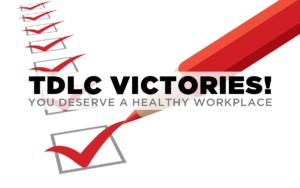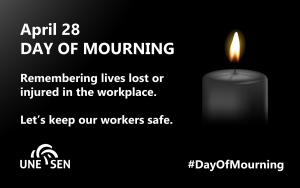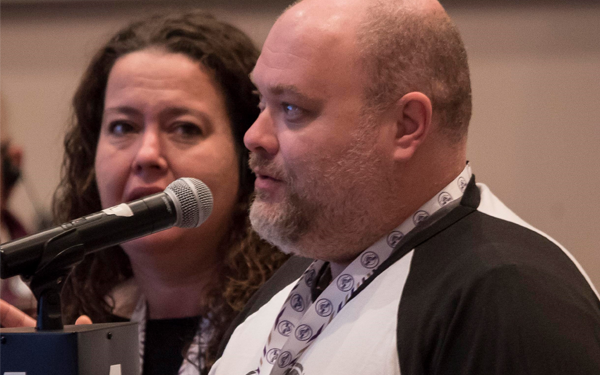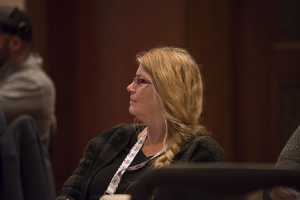
December 2, 2020
As of January 1, 2021, the new Workplace Harassment and Violence Prevention Regulations will come into force for all workers in the federal sector. These new regulations will help better prevent and actively address harassment and violence in the workplace.
The regulations outline the essential elements of a workplace harassment and violence prevention policy, as well as the procedures that must be in place to respond to incidents of harassment and violence when they do occur. This includes:
- timeframes for resolutions to better support the complainant and respondent;
- confidentiality of all parties involved, including witnesses, throughout the investigation;
- protection for employees victimized by a third party (for example, an employee harassed by a client);
- qualifications of a competent person to investigate and provide recommendations;
- employer obligations to implement corrective measures in response to the investigation report of a competent person;
- a clear outline of existing and new roles of the joint health and safety committee; and
- support to be provided for employees who have experienced workplace harassment and violence.
With those new regulations, employers are encouraged to take a more proactive approach to prevent and resolve incidents of workplace harassment and violence. They are also required to conduct workplace assessments to preemptively identify risks and incorporate the results of these assessments into their human resource policies, procedures, and training.
“These new workplace harassment and violence prevention regulations have been long overdue,” said PSAC National President, Chris Aylward. “We welcome them and believe they will help provide much greater protection for workers.”
For more detailed information on the new regulations, go to: psacunion.ca/HarassmentViolenceRoadmap







